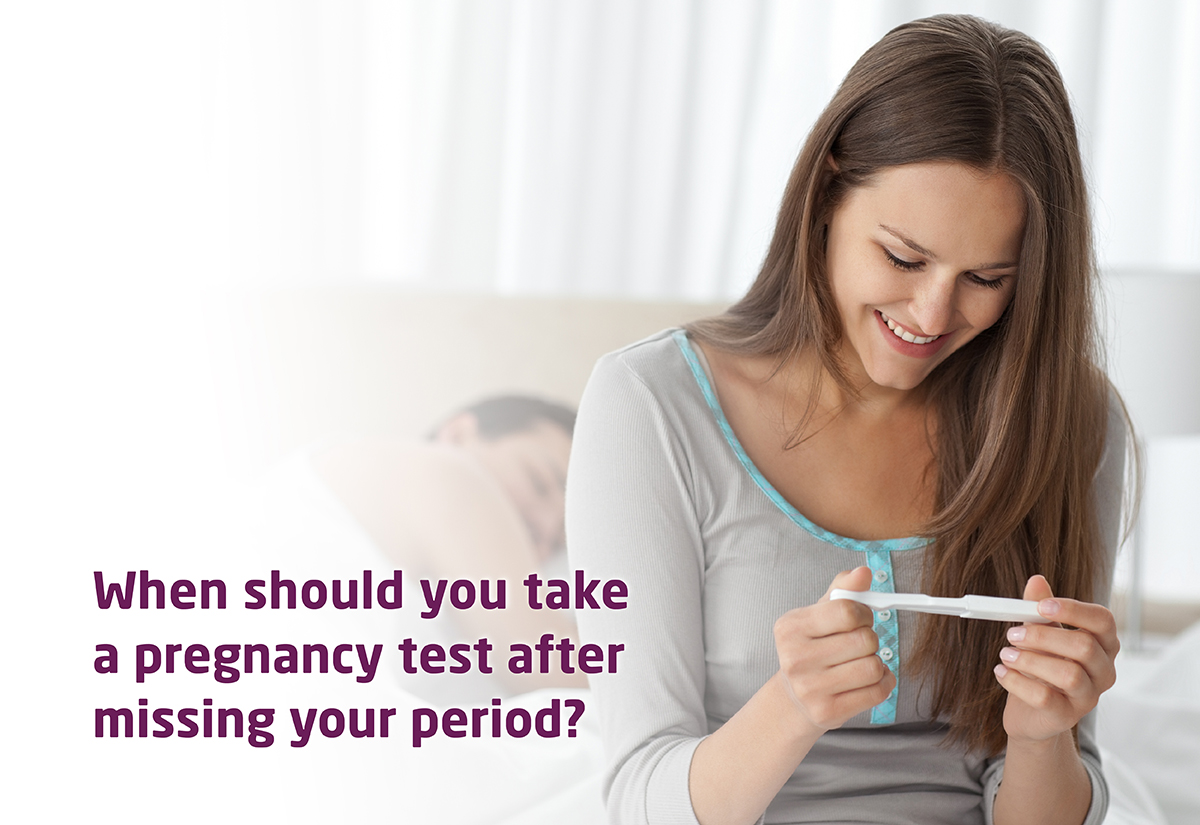When Should You Take a Pregnancy Test After Missing Your Period?
If you think you might be pregnant, a missed period is often the first clue. Taking a Pregnancy Test After Missing Your Period test can quickly give you answers. While some tests promise early results before your period is due, they may not be as accurate because your body needs time to produce enough HCG hormone. Testing on the first day of your missed period gives you the best chance for a precise result, whether you’re trying to conceive or concerned about birth control failure.
How Soon Can You Take a Pregnancy Test?
For better accuracy, it’s recommended to take a pregnancy test a week after you’ve missed your period. Some sensitive tests can detect pregnancy earlier, around 10-14 days after conception or a few days before your expected period. However, testing too early may result in a false negative, so waiting until after you’ve missed your period is often best.
How does a pregnancy test work?
If you are concerned about a failed contraceptive or have been trying to conceive, getting a pregnancy test helps in confirming whether you’re pregnant or not. However, taking the test too early can give false results.
Over-the-counter pregnancy tests check the amount of HCG hormone in the urine.
Based on the test kit, you need to do any of the following:
- Collect urine in a cup and dip a testing stick into it.
- Collect urine in a cup and take the help of an eyedropper to put a few drops into a test container.
- Hold the testing stick in the urine stream to catch it midstream.
Usually, home pregnancy tests are almost 99% effective if you use it properly
You can consider taking the test privately at home. Open the test, follow the instructions, and wait for the specified time to see the results.
After waiting, the test will show your results in one of the given ways:
- A change in colour
- A line
- A symbol like a plus or minus
- The words “pregnant” or “not pregnant”
Signs that may be indicative of pregnancy
Following are the common symptoms that women notice after they have conceived:
Missed period:
Cramps in the lower abdomen: One may experience mild, period-like cramps as the uterus stretches to accommodate the developing embryo.
Sore breasts:
Hormonal changes result in increased tenderness, sensitivity, puffiness or swelling of the breasts. Such changes are noticeable after 1-2 week after conceiving.
More tiredness:
Early pregnancy can also make you feel exhausted, nauseous, and other symptoms like food aversions, etc. As the weeks progress, such uncomfortable symptoms can strengthen before the HCG hormone balances late in the first trimester.
Failed birth control:
Condoms, birth control pills and other contraceptive measures aren’t 100% effective in preventing pregnancy. Minor chances of pregnancy are there irrespective of how cautious you are. So, even if you use birth control, it is better to take a pregnancy test if you notice other signs of pregnancy.
Note: It is still crucial to visit a gynecologist for final confirmation and to discuss the further course of action.
Confirm with a specialist doctor
Some signs that make you consider a pregnancy test include sore breasts, missed period, or even the fact that you indulged in unprotected sexual intercourse
For better results, take the pregnancy test only when you think you’ve missed your period.
Doctors recommend taking the test during your first trip to the bathroom in the morning or holding the urge to urine for a few hours so that the concentration of HCG hormones increases
Taking a timely test allows you to plan better care and comfort for yourself. If the pregnancy test comes out positive, contact your gynaecologist without any delay. Or, if you’ve been trying to get pregnant but every time the result comes negative. Get in touch with us at Ferticity IVF for advanced fertility treatment or IVF treatment. Get a thorough diagnosis and personalized treatment, book your appointment at https://ferticity.com/best-ivf-doctors-in-delhi

